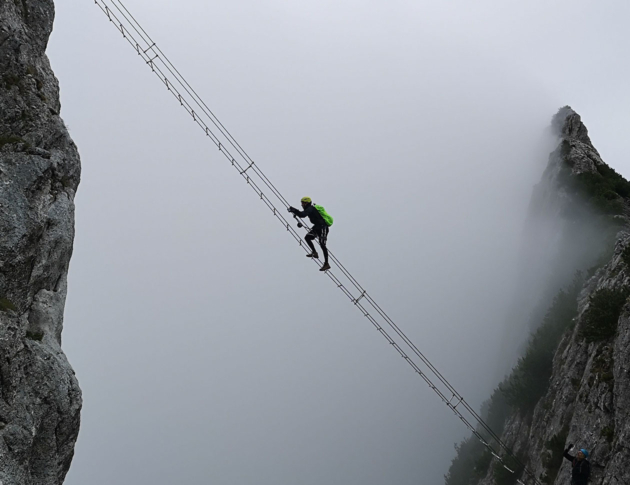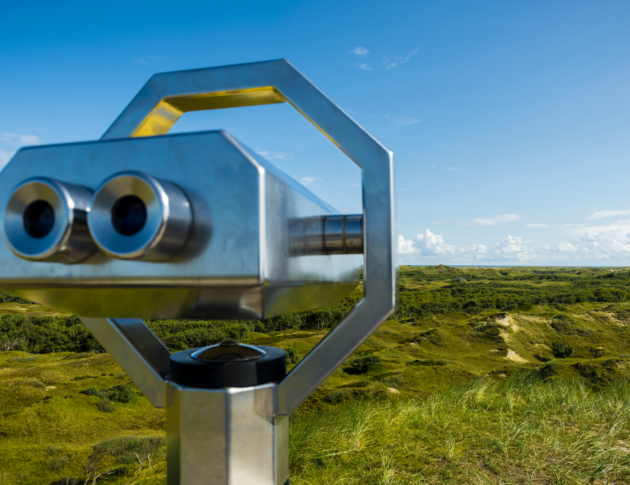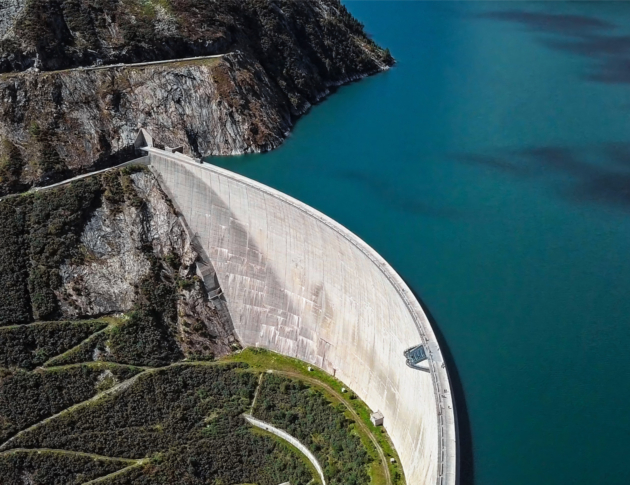
Municipal Bond
Municipal Bond Snapshot October 2025
Municipals posted gains for the month — the first positive October in six years and the strongest in over two decades.
Read Article

Municipal Bond
Municipals posted gains for the month — the first positive October in six years and the strongest in over two decades.
Read Article

Taxable Bond
Despite the government shutdown, investors continued to bid up assets and both stock and bond markets were unphased. The positive economic backdrop remained in place while the Fed cut rates for the second straight meeting.
Read Article

Macro
US states and households are thriving, but rising federal debt sets new limits for the shock-resistant American economy.
Read Article

Macro
Global Strategist Bill Sterling takes us through how the US federal government shutdown may affect the economy and markets.
Read Article

Macro
Harold Kotler, Bill Sterling, & Dan Fasciano discuss market growth drivers, AI’s impact, policy risks, and investment opportunities in small caps, bonds, and global markets.
Read Article

Macro
Despite political uncertainty, the stock market rises, driven by falling interest rates, the AI revolution, and renewed confidence in capitalism. Hear more from GW&K’s CIO, Harold Kotler.
Read Article

Municipal Bond
Municipal bonds surged in the third quarter, driven by long-end gains, strong demand, and resilient credit fundamentals. The market enters Q4 on solid footing.
Read Article

Taxable Bond
3Q2025 was another strong quarter for fixed income markets. Our Taxable Bond Team shares what they’re seeing in the market.
Read Article

Domestic Equity
US equities soared in the third quarter, led by AI and tech. Small caps outperformed, gold hit record highs, and Fed rate cuts boosted market optimism.
Read Article